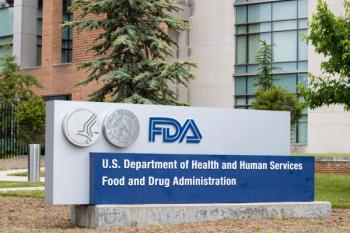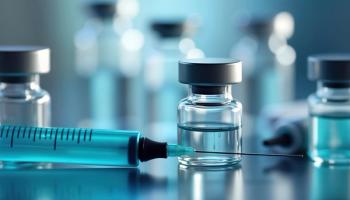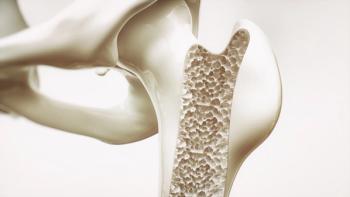
Viatris is Getting Out of Biosimilars Business… But Not Completely
The company announced this week that it is selling its biologics unit to Biocon Biologics, but Viatris is also slated to have a stake in the biosimilars entity that will bring together Biocon Biologic’s biosimilar operations and those that Viatris is selling off.
Given the growth of the biosimilars market and the revenues that some companies are reporting, it was a shock to the investment community this week when Viatris, formed in 2020 from the merger of Mylan and Pfizer’s Upjohn unit, announced plans to sell its biosimilars unit to Biocon Biologics.
Viatris’ stock dropped roughly 25% on the news, although for Viatris, this may be a case of “a bird in the hand.” The company, which is headquartered in suburban Pittsburgh, originally predicted as much as $20 billion in 2020 revenues, achieved just over $18 billion, and its 2021 sales, reported this week, amounted to $17.8 billion, which does not suggest a growing business.
In 2022, Viatris’ biosimilars portfolio is anticipated to generate $875 million in revenues and $200 million in profit. The $3.3 billion purchase by Biocon Biologics is more than 16.5 times the projected income figure. It is clear that Viatris thought that it could do more with the money than with the biosimilar portfolio.
As biosimilar developers and distributors, Viatris and Biocon Biologics have been intertwined. In some ways, the deal they made more closely resembles a partnership buyout than an outright sale. The two companies already have development and distribution deals on multiple biosimilars; most notably, they cooperated on obtaining FDA interchangeable status for Semglee, the insulin glargine product that Viatris distributes in the United States.
Relative to others in the biosimilars industry, Biocon Biologics, headquartered in India, does not have the most diverse portfolio. Still, the company has notable international reach. It distributes biosimilars of Lantus (insulin glargine), Avastin (bevacizumab), Neulasta (pegfilgrastim), and Herceptin (trastuzumab) in numerous countries. For the quarter that just ended, Biocon Biologics reported a 28% increase in biosimilars revenue, a rise that suggests growth.
Proportionally speaking, Biocon Biologics is much more committed to biosimilars. For Biocon Biologics, biosimilars revenue in the just-ended quarter represented nearly half— 44% — of the company’s total revenues whereas for Viatris, European and North American biosimilar revenues represented just 7% of revenues.
Biocon Biologics already partners with Viatris on most if not all its biosimilar products. For its part, Viatris markets biosimilars of Humira (adalimumab) and Enbrel (etanercept) outside the U.S. and is working toward gaining an approval for a biosimilar of Eylea (aflibercept) approval.
Viatris’ Humira biosimilar has significant revenue potential in the United States, but the launch will not occur before mid-2023, and that will be amid significant other competition from multiple biosimilars of Humira. Viatris appears not to be willing to wait and find out how well its biosimilar (Hulio) will do.
Although it will receive a substantial amount of money in the Biocon Biologics transaction, Viatris is not getting out of the biosimilars business completely. Biocon Biologics is a subsidiary of the publicly traded Biocon Limited. According to Viatris executives, who spoke in an
Also, Viatris will retain a 12.9% stake in the new
The Viatris spinoff is scheduled for completion in late 2022.
Newsletter
Get the latest industry news, event updates, and more from Managed healthcare Executive.

























